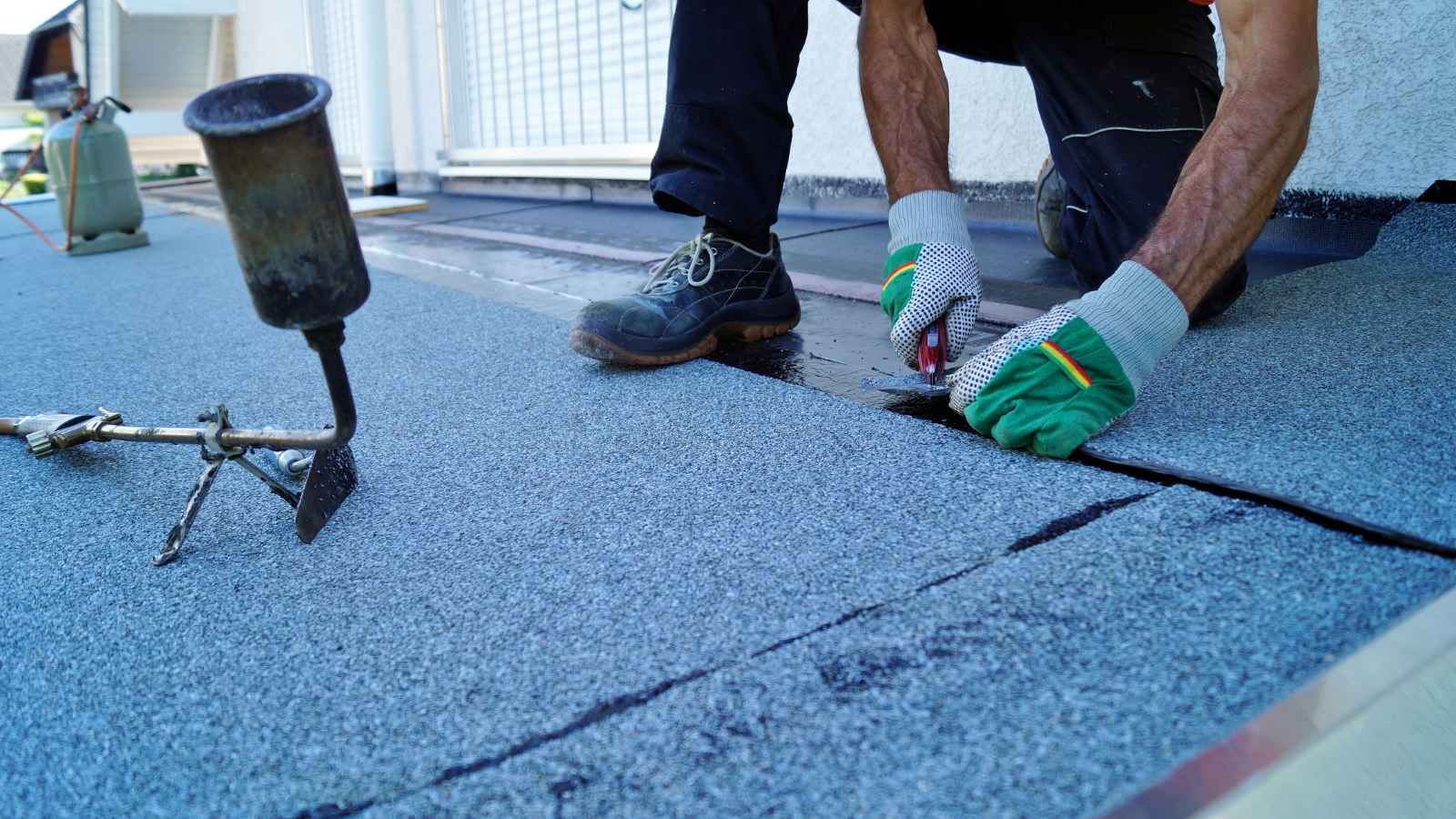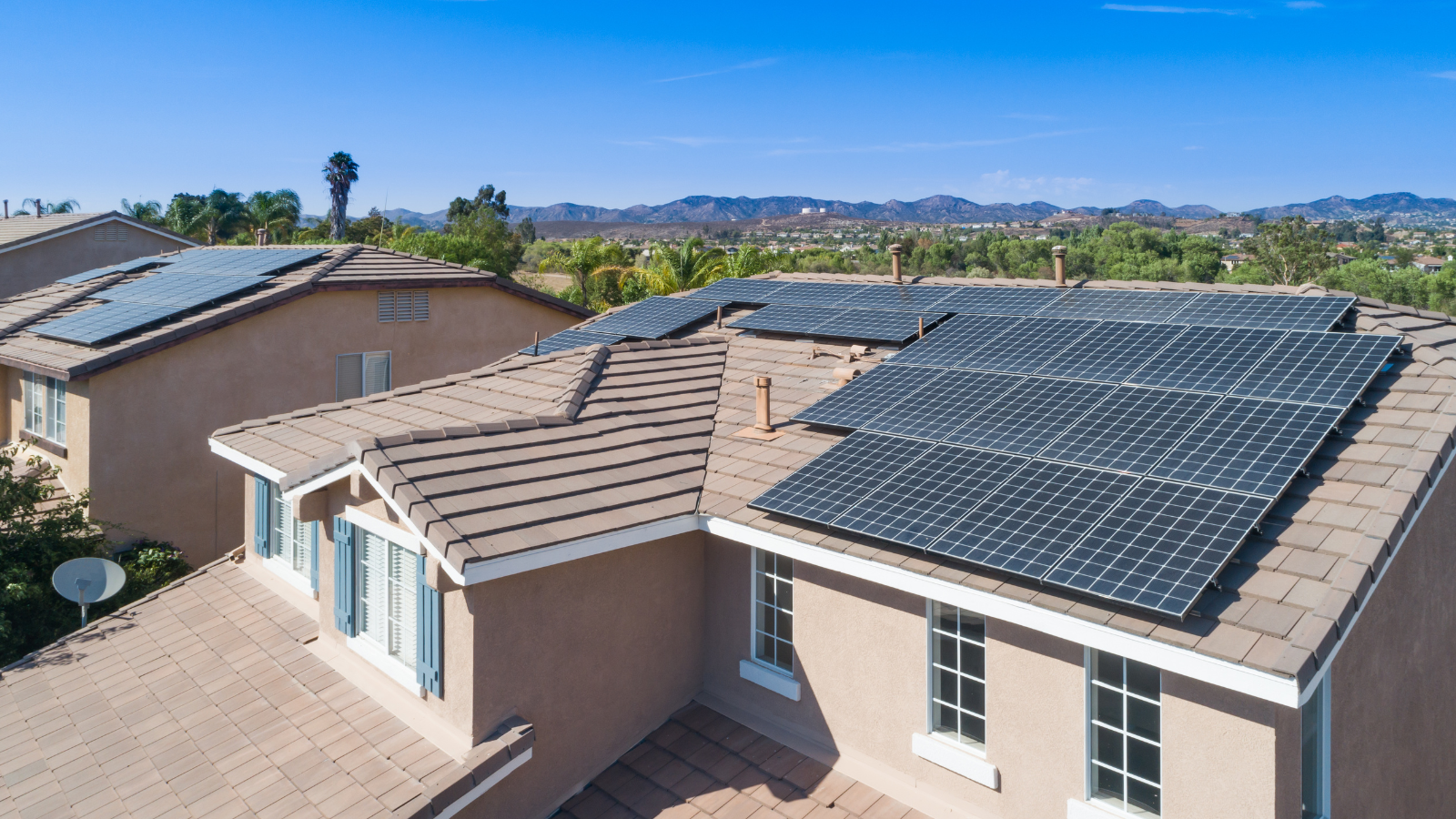When it comes to safeguarding your home, your roof plays a crucial role. It shields you from the elements and contributes to your home’s overall structural integrity. But how do you ensure that your investment in a new roof is protected? That’s where understanding roof warranties becomes essential. In this guide, we’ll explore what roof warranties are, what they typically cover, their duration, the different types available, and how to ensure you’re getting the right coverage.
Visit https://www.waynenjroofing.com/ for more details.
What is a Roof Warranty and What Does it Cover?
A roof warranty is a promise made by the manufacturer or installer that guarantees the performance of the roof for a specified period. It’s essentially an insurance policy for your roof, ensuring that if certain issues arise, you’ll have support in addressing them.
Roof warranties generally cover:
Material Defects: Issues arising from defects in the roofing materials themselves. If the materials fail prematurely due to manufacturing flaws, the warranty usually covers the cost of replacement.
Workmanship Errors: Mistakes made during installation that could affect the roof’s performance. If the installation was not done correctly, the warranty might cover the cost of correcting these errors.
Leaks and Water Damage: Some warranties cover leaks that result from material defects or installation errors, although coverage for water damage can vary.
How Long is the Warranty on a New Roof?
The length of a roof warranty can vary depending on several factors, including the type of roof and the manufacturer. Generally, new roof warranties fall into three main categories:
Short-Term Warranties: Typically range from 2 to 5 years. These are often offered by roofing contractors and cover only workmanship issues.
Standard Warranties: Usually last between 10 to 20 years and cover both material defects and workmanship. These warranties are provided by the manufacturer and may have different terms for different components of the roof.
Lifetime Warranties: Some manufacturers offer lifetime warranties on their roofing materials. However, “lifetime” can be a bit misleading as it often refers to the lifetime of the product, not necessarily the lifetime of the homeowner. There might be specific conditions and limitations that apply.
Types of Roof Warranties
Understanding the different types of roof warranties can help you make an informed decision:
Manufacturer’s Warranty: Covers defects in roofing materials and is provided by the manufacturer. This warranty is generally transferable if you sell your home, which can be a selling point.
Workmanship Warranty: Provided by the roofing contractor, this warranty covers installation errors. It typically lasts for a shorter period compared to the manufacturer’s warranty.
Extended Warranty: An optional warranty that can be purchased in addition to the standard warranty. It often provides additional coverage or extends the warranty period for both materials and workmanship.
How to Ensure You’re Getting the Coverage You Need
To make sure you’re adequately protected, consider the following tips:
1. Read the Fine Print: Carefully review the warranty documents to understand what is and isn’t covered. Pay attention to any exclusions or conditions.
2. Verify Coverage Details: Confirm whether the warranty covers both materials and workmanship. Some warranties might only cover one or the other.
3. Check Transferability: If you plan to sell your home, ensure the warranty is transferable to new owners. This can increase the value of your home.
4. Choose a Reputable Contractor: Work with experienced, well-reviewed contractors to ensure proper installation and to avoid issues that might void your warranty.
5. Understand Maintenance Requirements: Some warranties require regular maintenance to remain valid. Make sure you’re aware of any maintenance obligations and adhere to them.
Conclusion
A roof is a significant investment, and understanding roof warranties is key to protecting that investment. By knowing what your warranty covers, how long it lasts, and the different types available, you can make an informed decision and ensure your roof remains a reliable shield for your home. Always review warranty documents thoroughly, choose reputable contractors, and stay informed about maintenance requirements. With the right knowledge and preparation, you can enjoy peace of mind knowing your roof is covered for years to come.
Remember, a well-informed homeowner is a confident homeowner. When you understand the nuances of roof warranties, you’re better equipped to protect your home and investment.






